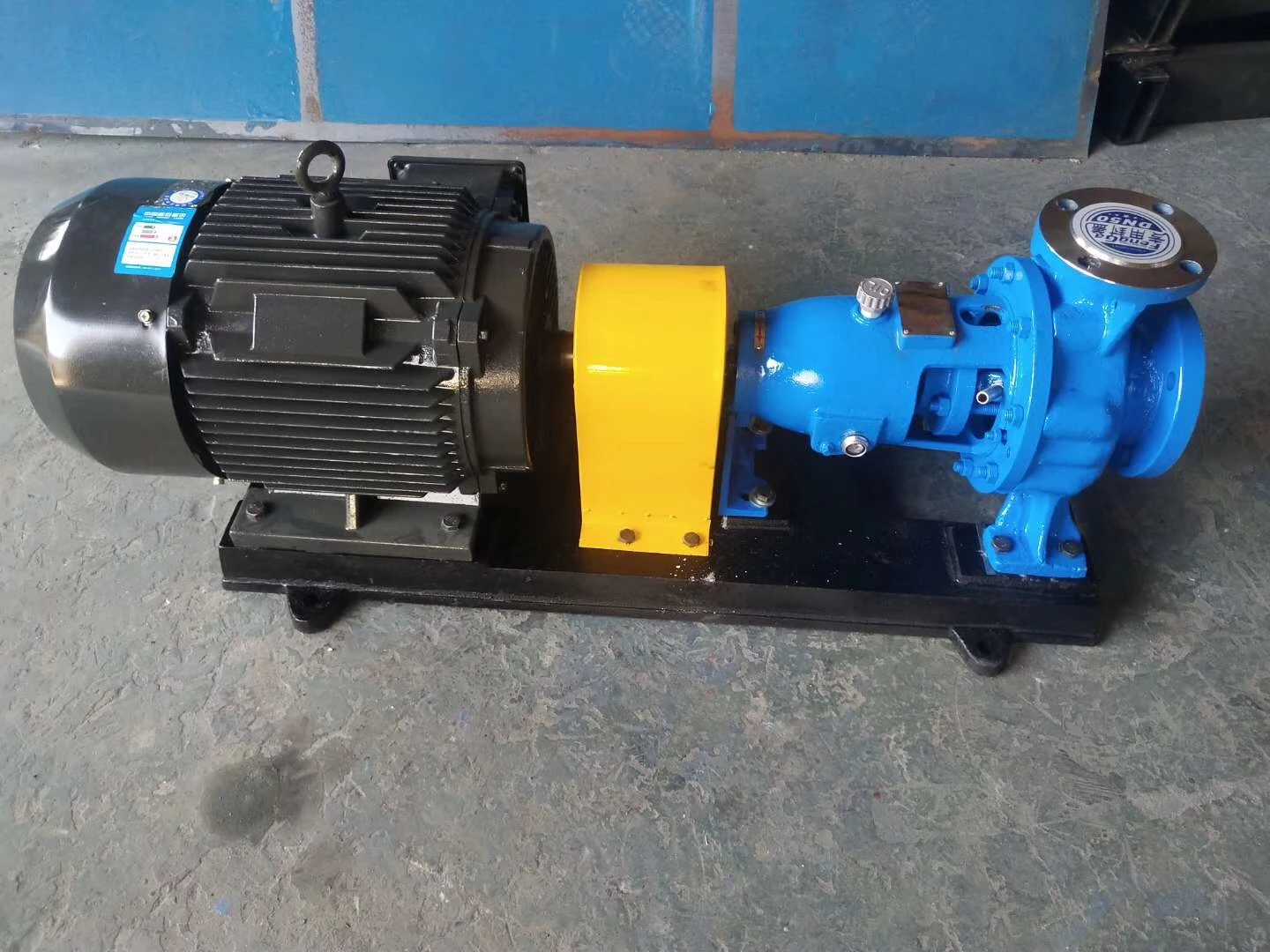Javanese
- Afrikaans
- Albanian
- Amharic
- Arabic
- Armenian
- Azerbaijani
- Basque
- Belarusian
- Bengali
- Bosnian
- Bulgarian
- Catalan
- Cebuano
- Corsican
- Croatian
- Czech
- Danish
- Dutch
- English
- Esperanto
- Estonian
- Finnish
- French
- Frisian
- Galician
- Georgian
- German
- Greek
- Gujarati
- Haitian Creole
- hausa
- hawaiian
- Hebrew
- Hindi
- Miao
- Hungarian
- Icelandic
- igbo
- Indonesian
- irish
- Italian
- Japanese
- Javanese
- Kannada
- kazakh
- Khmer
- Rwandese
- Korean
- Kurdish
- Kyrgyz
- Lao
- Latin
- Latvian
- Lithuanian
- Luxembourgish
- Macedonian
- Malgashi
- Malay
- Malayalam
- Maltese
- Maori
- Marathi
- Mongolian
- Myanmar
- Nepali
- Norwegian
- Norwegian
- Occitan
- Pashto
- Persian
- Polish
- Portuguese
- Punjabi
- Romanian
- Russian
- Samoan
- Scottish Gaelic
- Serbian
- Sesotho
- Shona
- Sindhi
- Sinhala
- Slovak
- Slovenian
- Somali
- Spanish
- Sundanese
- Swahili
- Swedish
- Tagalog
- Tajik
- Tamil
- Tatar
- Telugu
- Thai
- Turkish
- Turkmen
- Ukrainian
- Urdu
- Uighur
- Uzbek
- Vietnamese
- Welsh
- Bantu
- Yiddish
- Yoruba
- Zulu
Telephone: +86 13120555503
Email: frank@cypump.com
Dec . 15, 2024 07:58 Back to list
chemical pumps
Understanding Chemical Pumps Essential Tools for Industrial Applications
Chemical pumps are vital components in various industries, playing a significant role in the transportation and management of fluids, especially corrosive and hazardous substances. Their importance cannot be overstated, as they ensure the safe and efficient movement of chemicals in processes ranging from petrochemical production to wastewater treatment and beyond.
Types of Chemical Pumps
There are several types of chemical pumps, each designed for specific applications and types of fluids. The main categories include
1. Centrifugal Pumps These are the most commonly used type of chemical pump. They operate on the principle of centrifugal force, drawing liquid into the pump and forcing it outwards. Centrifugal pumps are ideal for low-viscosity fluids and are widely used in large-scale operations due to their efficiency and reliability.
2. Positive Displacement Pumps Unlike centrifugal pumps, positive displacement pumps move fluids by trapping a fixed amount of liquid and forcing it through the pump's outlet. They are excellent for high-viscosity fluids and provide a constant flow rate regardless of pressure changes. Common types of positive displacement pumps include gear pumps, diaphragm pumps, and peristaltic pumps.
3. Magnetic Drive Pumps These pumps use magnetic coupling to eliminate the need for a mechanical seal, which is particularly beneficial when handling hazardous chemicals. This design reduces the risk of leaks, making magnetic drive pumps a safe choice for corrosive and volatile substances.
4. Diaphragm Pumps Known for their ability to handle various fluids, including slurries and shear-sensitive materials, diaphragm pumps use a flexible diaphragm to create a pumping action. They can efficiently manage both liquids and gases, making them versatile options for chemical processing.
5. Submersible Pumps Designed to operate underwater, submersible pumps are used to pump liquids from wells, tanks, or other submerged environments. They are robust and can handle a range of fluids, making them essential for wastewater management and other industrial applications.
Applications of Chemical Pumps
Chemical pumps are employed in numerous sectors, including
chemical pumps

- Petrochemical Industry They transport raw materials, intermediates, and final products throughout the refining process. - Water Treatment Chemical pumps are used to inject chemicals into water treatment systems for disinfection, pH adjustment, and purification.
- Pharmaceutical Manufacturing Precise and safe handling of active ingredients and solvents is crucial in the pharmaceutical industry, making chemical pumps essential for various processes.
- Food and Beverage In this sector, sanitary pumps ensure that products are moved without contamination, adhering to strict hygiene standards.
- Agriculture Chemical pumps facilitate the application of fertilizers and pesticides, supporting efficient crop production
.Importance of Material Selection
Given that chemical pumps often handle corrosive substances, the selection of materials is critical. Pumps may be constructed from stainless steel, plastic, or specialized alloys, depending on the chemicals being transported. The right material ensures durability, reduces maintenance costs, and prevents contamination.
Maintenance and Safety Considerations
Regular maintenance of chemical pumps is essential for their optimal performance and longevity. Operators should implement routine inspections, monitor performance metrics, and replace worn components proactively. Furthermore, safety protocols must be established, particularly when dealing with hazardous materials. Appropriate training for personnel and the use of personal protective equipment (PPE) are crucial in minimizing workplace risks.
Conclusion
Chemical pumps are indispensable in modern industrial operations, facilitating the safe and efficient transport of various fluids. Understanding the different types of pumps and their respective applications equips industry professionals to select the right equipment for their specific needs. By prioritizing material selection and maintenance, organizations can enhance the reliability and safety of their pumping systems, ultimately contributing to improved operational efficiency and reduced environmental impact. As industries continue to evolve, the role of chemical pumps will remain crucial in managing the complexities of fluid handling safely and effectively.
-
ISG Series Vertical Pipeline Pump - Chi Yuan Pumps Co., LTD.|High Efficiency, Energy Saving, Low Noise
NewsJul.30,2025
-
ISG Series Vertical Pipeline Pump- Chi Yuan Pumps|High Efficiency&Low Noise
NewsJul.30,2025
-
ISG Series Vertical Pipeline Pump-Chi Yuan Pumps Co., LTD.|High Efficiency&Energy Conservation
NewsJul.30,2025
-
ISG Series Vertical Pipeline Pump - Chi Yuan Pumps Co., LTD.|Advanced Hydraulic Design&Energy-Efficient Solutions
NewsJul.30,2025
-
ISG Series Vertical Pipeline Pump - Chi Yuan Pumps Co., LTD.
NewsJul.30,2025
-
ISG Series Vertical Pipeline Pump - Chi Yuan Pumps Co., LTD.|energy-efficient fluid handling&industrial durability
NewsJul.30,2025










